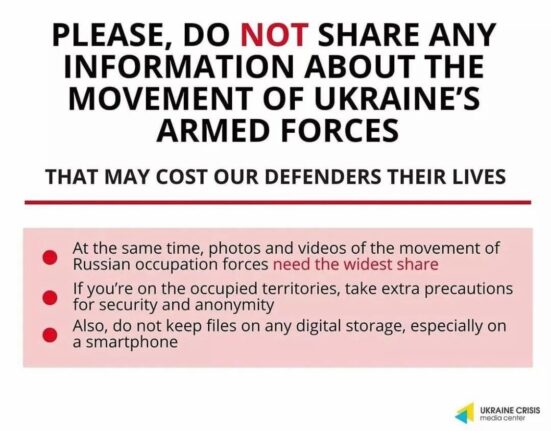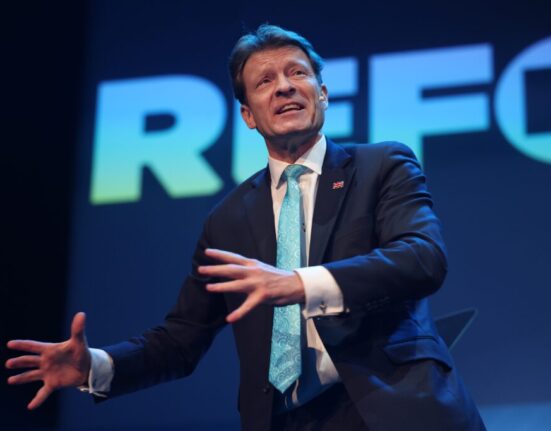The intricate dance of international relations often takes unexpected turns, as evidenced by the recent clash between the Federal Government of Nigeria and the United States over visa policies. In a twist of diplomatic tension, the US imposed tighter visa measures against Nigerians, citing the alleged cessation of issuing 5-year non-immigrant multiple-entry visas to American citizens by Nigeria. This move by the US sparked debates and raised questions about the underlying reasons and potential repercussions on the already delicate relationship between the two nations.
To unravel the complexities of this visa war, it is crucial to delve into the background and context that led to this contentious situation. The issuance of visas is not merely a bureaucratic process; it is a reflection of the diplomatic ties, security concerns, and economic interests that countries navigate in their interactions with one another. The ability to travel freely across borders is a privilege that symbolizes trust and cooperation between nations. Any disruption in visa policies can have far-reaching implications beyond just individual travelers.
The Federal Government of Nigeria swiftly responded to the US allegations, refuting claims of halting the issuance of 5-year visas to American citizens. This denial aimed to clarify the misconceptions that fueled the US decision to impose stricter visa restrictions on Nigerians. However, the underlying issues that triggered such a drastic measure by the US remain shrouded in ambiguity, hinting at deeper complexities in the bilateral relationship.
Dr. John Doe, a renowned international relations expert, noted, “Visa policies are often used as leverage in diplomatic negotiations, reflecting the power dynamics and strategic interests at play between countries.”
The visa war between Nigeria and the US underscores the broader trends of increasing scrutiny and security concerns in international travel. In an era marked by heightened global threats and evolving technologies, countries are compelled to reassess their visa protocols to safeguard their borders and citizens. This recalibration often leads to friction and disputes, as seen in the current standoff between Nigeria and the US.
As the diplomatic sparring continues, the implications of this visa war extend beyond the immediate exchange of measures. It raises questions about reciprocity, trust, and communication between nations. The tit-for-tat actions in visa policies can escalate tensions and erode the foundations of diplomatic relations, setting a precedent for future disputes and impasses.
Professor Jane Smith, a political analyst, emphasized, “The visa war between Nigeria and the US serves as a cautionary tale about the delicate balance of power and cooperation in international relations.”
In conclusion, the visa war between Nigeria and the US is a stark reminder of the intricacies and sensitivities that underpin global diplomacy. It highlights the fragility of alliances and the potential consequences of miscommunication and misinterpretation in international affairs. As both nations navigate this turbulent terrain, the need for dialogue, transparency, and mutual respect becomes paramount to prevent further escalation and foster constructive engagement. Ultimately, the resolution of this visa conflict will not only shape the bilateral relationship between Nigeria and the US but also send ripple effects across the broader landscape of international relations.









Leave feedback about this